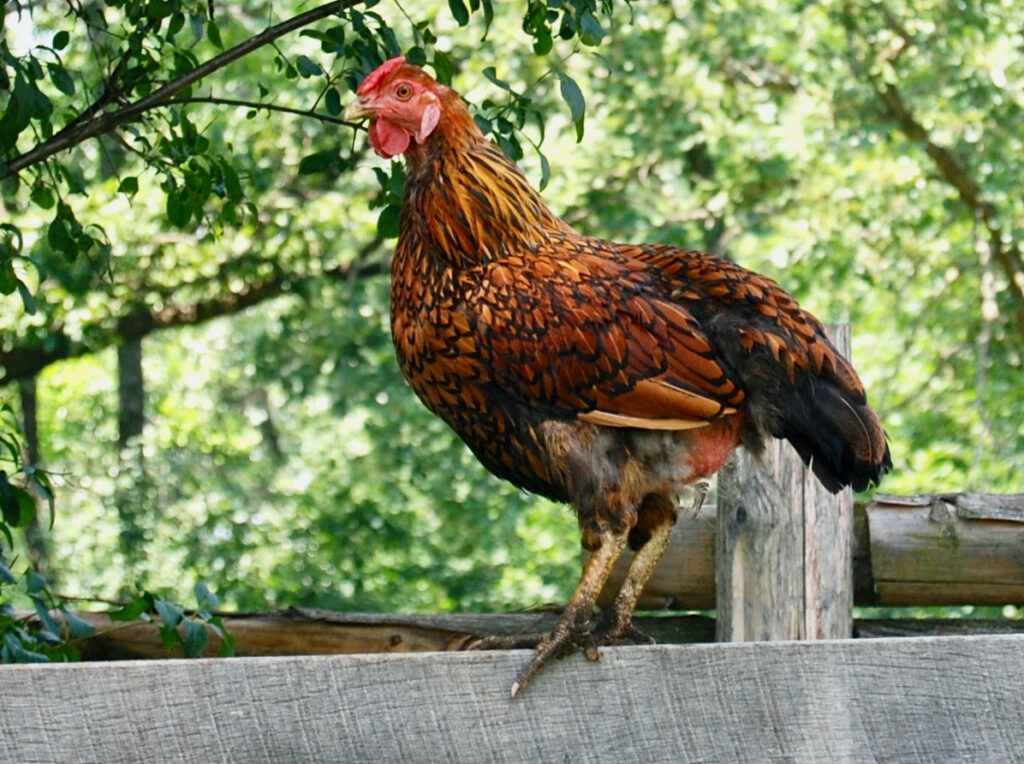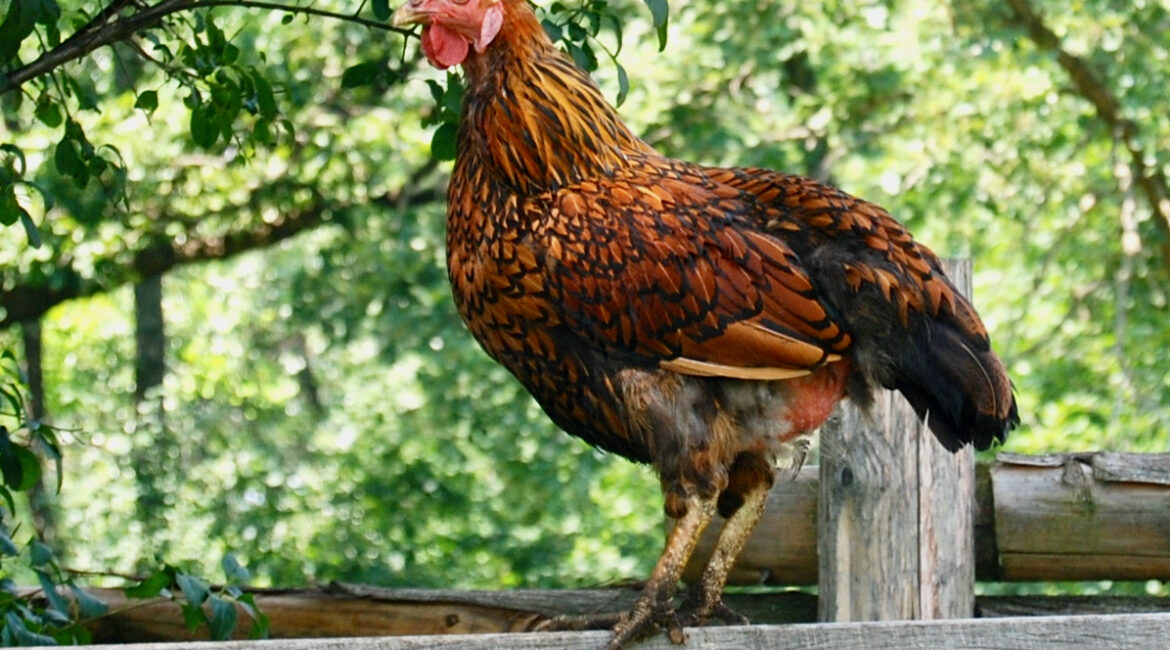Letter to the editor:
Do you keep backyard chickens? Do you have a hobby farm with such livestock as chickens, turkeys, sheep, and/or llamas?
If yes, have you registered your animals with the state yet? Did you know it’s now required by law?
The Wisconsin Department of Agriculture, Trade, and Consumer Protection (DATCP), through a public-private partnership with the Wisconsin Livestock Identification Consortium (WLIC), has set up a Premises Registration Program.
“Premises registration allows for faster traces when there is an outbreak of an animal disease or animal-borne human disease, “ explains DATCP. “If we know where susceptible animals are located, we can control the disease more quickly.” There is no cost to register your birds.
Folks who register their animals and keep updated on registration (once every three years) are now eligible for reimbursement or indemnification in the event of a disease outbreak. (Note: This is a new development since the 2015 bird flu outbreak here in Jefferson County.)
To register your birds, call WLIC at 1-888-808-1910 or go to https://datcp.wi.gov/Pages/Program_Services/PremisesRegistration.aspx.
Speaking of bird flu, unfortunately, it’s back in the Midwest. Avian virus was detected in turkeys in Kandiyohi County, Minnesota this week, as well as in two counties in California in October. Over the past year, numerous strains have infected many commercial flocks and species of wild birds in over 30 countries in Africa, Asia, Europe, and Russia. As a result, countless millions of birds have died, including geese and ducks.
More than two dozen strains of bird flu have been identified worldwide, including some that can sicken and kill humans.
While now is not the time to panic, it is definitely time to heighten precautions since viruses can mutate. “Bird flu spreads quickly by direct bird-to-bird contact,” says The Wisconsin Department of Agriculture, Trade, and Consumer Protection (WI DATCP) Division of Animal Health. “Viruses can be carried by manure, tools, equipment, vehicles, egg flats, crates, clothing, and shoes.”
It’s even possible for one strain of avian virus to strike one barn at a farm, and a different strain hit a different barn on that same farm.
DATCP’s “Six ways to protect your birds” include keep your distance (restrict access to your property and keep your birds away from other birds), keep it clean (wash your hands thoroughly before and after working with your birds; clean and disinfect equipment), don’t haul disease home (keep new birds separated for at least 30 days), don’t borrow the disease by sharing equipment or supplies with others, know the warning signs, and immediately report sick birds.
Signs of bird flu include lack of energy or appetite; decreased egg production and/or soft-shelled or misshapen eggs; swelling and/or purple discoloration of body parts; runny nose, coughing, sneezing; stumbling or falling down; diarrhea; and sudden death without any clinical signs.
Now is the time to bone up on bird flu, take precautions to reduce risks, and report sick birds ASAP.
If you find a sick or dead bird, do not touch it. Instead, immediately report it to 1-800-572-8981 (DATCP).
Anita Martin,
Lake Mills

File photo/Kim McDarison
This post has already been read 725 times!


